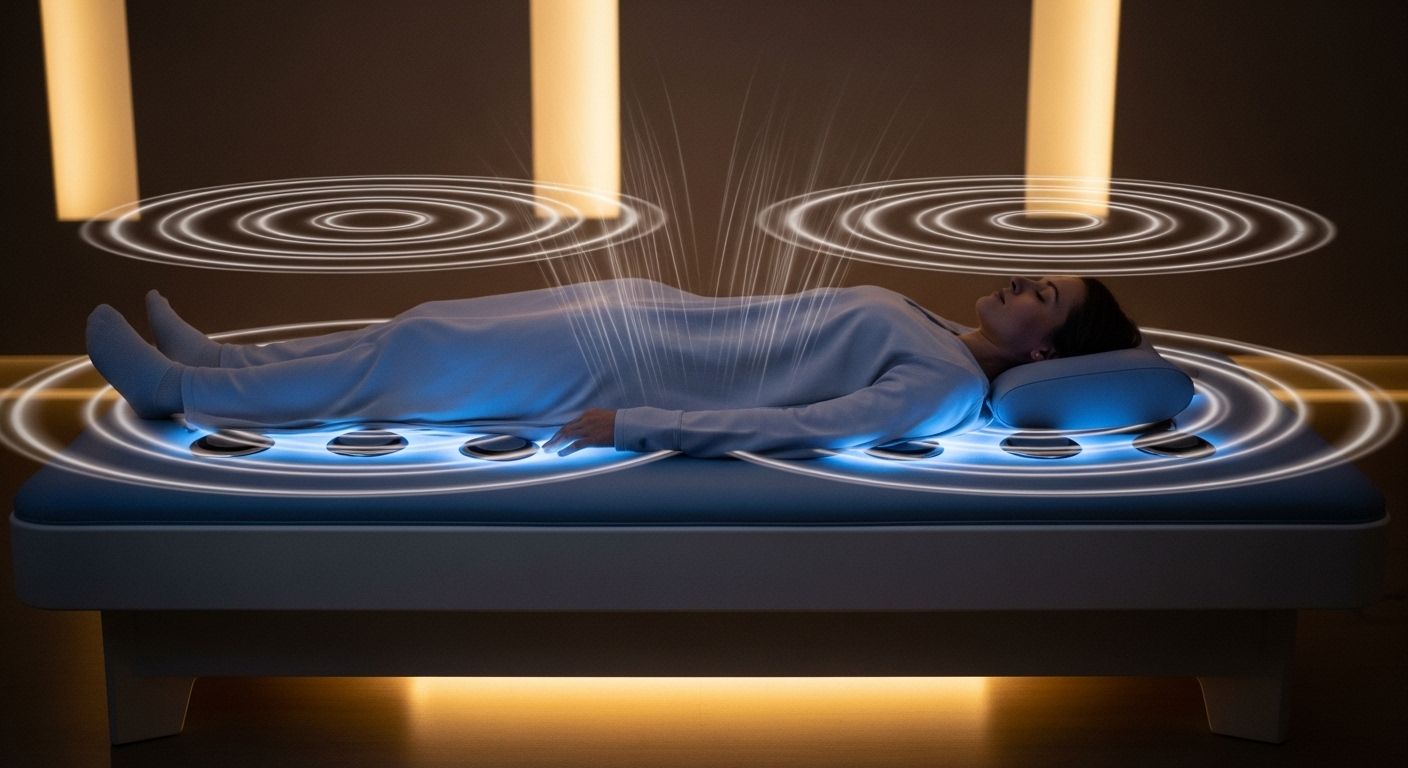Chronobiology: Aligning Your Life with Your Internal Clock
Are you constantly fighting against your body's natural rhythms? Imagine a world where your daily routines seamlessly sync with your biological clock, enhancing your energy, productivity, and overall well-being. Welcome to the fascinating realm of chronobiology, where science meets lifestyle to unlock the secrets of your internal timekeeper.

The Science Behind Your Body’s Clockwork
At the heart of chronobiology lies the concept of circadian rhythms – the roughly 24-hour cycles that govern various physiological processes in our bodies. These rhythms are orchestrated by a master clock in our brain, known as the suprachiasmatic nucleus (SCN), located in the hypothalamus. The SCN receives light signals from our eyes, helping to synchronize our internal clock with the external environment.
Research has shown that nearly every cell in our body contains its own molecular clock, working in harmony with the master clock. These cellular timekeepers regulate numerous functions, including hormone production, body temperature, metabolism, and even gene expression. Understanding this intricate system provides valuable insights into optimizing our daily routines for better health and performance.
Chronotypes: Are You a Night Owl or an Early Bird?
One of the most intriguing aspects of chronobiology is the concept of chronotypes – individual differences in our circadian rhythms that influence our optimal times for sleep, alertness, and various activities. While the traditional categorization of “night owls” and “early birds” (or “larks”) is well-known, recent research suggests a more nuanced spectrum of chronotypes.
Scientists have identified four main chronotypes:
-
Bears: The most common type, with sleep-wake cycles that closely follow the sun
-
Lions: Early risers who are most productive in the morning
-
Wolves: Night owls who feel most alert and creative in the evening
-
Dolphins: Light sleepers with irregular sleep patterns
Understanding your chronotype can help you tailor your daily schedule to maximize your energy levels and productivity. For instance, lions might schedule important meetings or challenging tasks in the morning, while wolves might find their creative peak in the late afternoon or evening.
Chronobiology and Health: The Importance of Timing
The implications of chronobiology extend far beyond productivity. Emerging research suggests that the timing of various activities, including eating, exercising, and even taking medications, can significantly impact their effectiveness and our overall health.
For example, studies have shown that the body’s insulin sensitivity varies throughout the day, peaking in the morning and declining in the evening. This suggests that consuming larger meals earlier in the day might be more beneficial for metabolic health. Similarly, the timing of exercise can influence its effects on the body, with some research indicating that morning workouts may be more effective for fat burning, while evening exercise might be optimal for building strength.
Chronomedicine: Timing Treatments for Better Outcomes
One of the most exciting applications of chronobiology is in the field of medicine. Chronomedicine, the practice of timing medical treatments to align with the body’s natural rhythms, is gaining traction as a way to enhance therapeutic outcomes and reduce side effects.
For instance, research has shown that the effectiveness and side effects of certain medications can vary depending on the time of day they are administered. Cancer treatments, in particular, have shown promising results when timed according to the patient’s circadian rhythms. By aligning chemotherapy with the body’s natural cycles, doctors have observed improved efficacy and reduced toxicity in some cases.
Practical Applications: Harnessing Your Inner Clock
Incorporating chronobiological principles into your daily life doesn’t require drastic changes. Small adjustments can yield significant benefits:
-
Consistent sleep schedule: Try to maintain regular sleep and wake times, even on weekends, to reinforce your circadian rhythm
-
Light exposure: Seek bright light exposure in the morning and limit blue light from screens in the evening to support healthy sleep-wake cycles
-
Meal timing: Consider eating larger meals earlier in the day and limiting late-night snacking to align with your body’s metabolic rhythms
-
Exercise timing: Experiment with different workout times to find what feels best for your body and schedule
-
Task scheduling: Plan your day according to your chronotype, tackling complex tasks during your peak alertness periods
Chronobiology Quick Facts
-
The field of chronobiology was pioneered by Franz Halberg in the 1950s
-
Circadian rhythms are found in nearly all living organisms, from bacteria to humans
-
Jet lag occurs when our internal clock is out of sync with the external environment
-
Shift work that disrupts natural sleep-wake cycles has been linked to various health issues
-
The 2017 Nobel Prize in Physiology or Medicine was awarded for discoveries of molecular mechanisms controlling circadian rhythms
As we continue to unravel the mysteries of our internal clocks, the potential for chronobiology to transform our approach to health and wellness becomes increasingly clear. By aligning our lives with our natural rhythms, we can unlock new levels of well-being, productivity, and vitality. The key lies in listening to our bodies and respecting the ancient wisdom encoded in our cells. Embrace the rhythm of life, and let your inner clock guide you to a healthier, more balanced existence.






